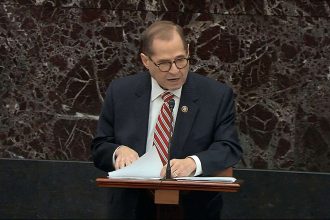Belarusian President Alexander Lukashenko is set to extend his 31-year rule with a massive win in the recent presidential election. According to preliminary results, Lukashenko has secured nearly 87% of the vote. However, this election has been widely dismissed as a sham by Western governments and opposition leaders alike.
Lukashenko, often dubbed “Europe’s Last Dictator,” has ruled Belarus with an iron fist since 1994. His tenure has been marked by a relentless crackdown on dissent, with thousands of opposition figures, journalists, and activists imprisoned or forced into exile. The 2020 presidential election saw unprecedented protests against his regime, which were brutally suppressed with the help of his close ally, Russian President Vladimir Putin.
This latest election is no different. Independent media are banned, and all leading opposition figures have been either jailed or exiled. The European Union and other Western governments have condemned the election as neither free nor fair. Exiled opposition leader Svetlana Tikhanovskaya called the election a “farce,” while German Foreign Minister Annalena Baerbock described it as a “bitter day for all those who long for freedom and democracy.”.
However, Lukashenko had earlier defended his jailing of dissidents and declared, “I don’t give a damn about the West.” When Lukashenko was asked about jailing his opponent, he said they had chosen their fate.
He added: “Some chose prison, some chose ‘exile’, as you say. We didn’t kick anyone out of the country.” He claimed that no one was prevented from speaking out in Belarus; however, prison was “for people who opened their mouths too wide, to put it bluntly, those who broke the law”.
Some speculate that Lukashenko’s reliance on Putin’s support is part of a broader plan to maintain his grip on power while keeping Belarus firmly within Russia’s sphere of influence. The international community’s response has been predictably critical, but will it be enough to bring about any real change?
This latest election raises more questions than answers. How will this affect Belarus’s already strained relations with the West?














